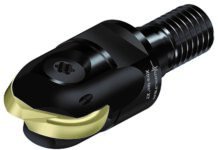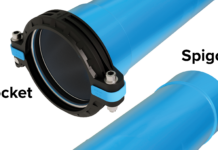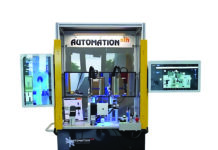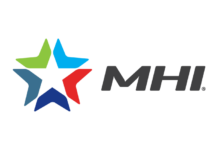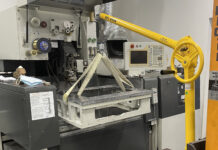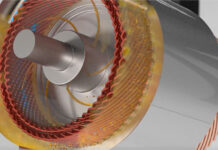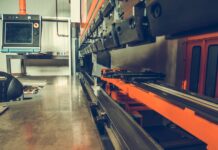-
Study describes the attitudes toward current developments in the industry and any short- and long-term impact the health crisis will have on their operations.
-
Most respondents say COVID-19 has affected existing customer groups and regions, and they’re looking for ways to adapt.
-
Almost all respondents say technological advantages such as industrial IoT (IIoT), big data, and artificial intelligence support their coping with uncertainty.
Like many other sectors, the U.S. manufacturing industry has been heavily impacted by the current health crisis. The global nature of the pandemic has led to bottlenecks in supply chains, turnover, and orders.
To learn more about the current situation, relayr, a global industrial internet of things (IIoT) company, worked with the research firm, forsa, to survey over 200 leaders in the U.S. and Germany manufacturing industries. Topics ranged from how the crisis affects their operations and how they’re dealing with challenges presented by the pandemic to their
assessment of future economic development.
According to current estimates, the crisis will lead to economic setbacks across the board. Declining exports and difficulty in planning are leading to uncertainty in the manufacturing industry. Other key findings from U.S. manufacturers include:
U.S. Companies Have Been Hit Hard by the Crisis
Most respondents (67%) in the U.S. say the crisis has had a somewhat negative or very negative impact on their businesses. Their biggest challenges are a decline in new orders (58%), their employees’ concerns about a possible COVID-19 infection (56%), and a decrease in sales (54%). However, only 11% of U.S. companies are seriously concerned about remaining in business.
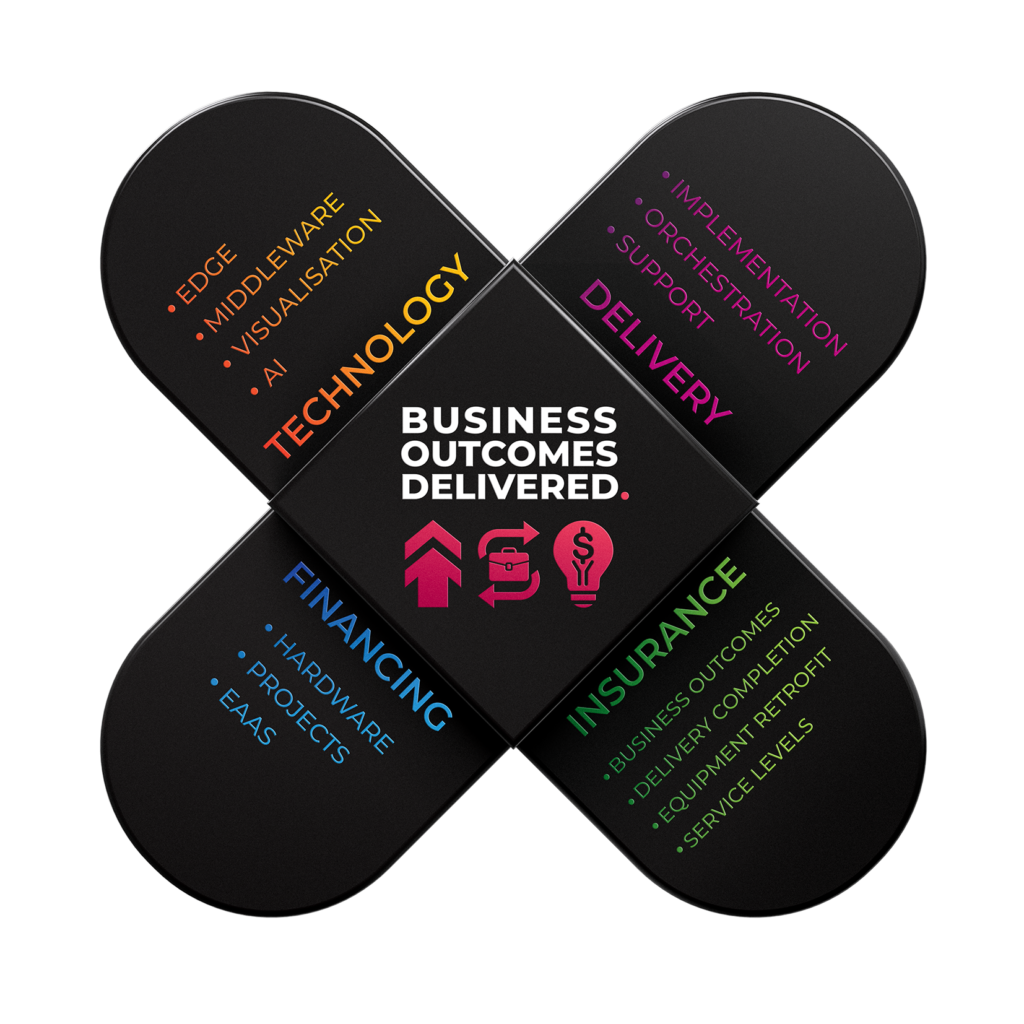 Investment Behavior is Curtailed
Investment Behavior is Curtailed
Half of the U.S. companies surveyed expect their investment behaviors to be lower than 2019, while 14% are unsure. In contrast, just over a third (36%) plan to make investments at the same level or higher than last year.
Flexibility is The New Mantra
What measures have the surveyed companies taken to meet the challenges of the crisis? “Increased flexibility” was at the top of the list for U.S. manufacturers (59%). Other top measures include improving customer service and relying on technical innovations to counteract the crisis’s effects.
Equipment-As-A-Service Business Models Are Becoming Increasingly Popular
A complete business model overhaul was an option for only a few of the surveyed companies: 16% of U.S. companies are planning to transform at the moment.
However, a majority of those surveyed recognize that new business models, such as pay-per-use models (“equipment-as-a-service”), represent an advantage for both the supply and demand sides in the current crisis.
In the U.S., 34% said pay-per-use models represent a big or a very big advantage, while 29% consider it a slight advantage. Almost half of the companies surveyed also stated that they use a pay-per-use model themselves (18%), offer it (15%), or do both (9%).
Predictive Analytics Is on The Rise
The respondents are adopting various technologies to gain a competitive advantage. In the U.S., 38% of businesses are implementing predictive analytics, followed by big data (33%) and IIoT (32%).
Of note, more German companies (47%) use IIoT and AI to gain a competitive advantage, while U.S. manufacturers have higher usage rates of predictive analytics.
These innovative technologies not only represent a fundamental advantage for the respective businesses but are especially beneficial in the current situation. Among the companies that use one or more of the listed technologies, 99% of the U.S. respondents believe technology will help their company in the crisis.
Easing of Lockdown Measures Shows Positive Effects
The first loosening of lockdown measures is already leading to positive effects. Since restrictions have lifted, 14% of U.S. companies have felt a significant increase in demand for their products, and 45% have had a slight increase compared to the weeks before the easing.
“These unprecedented times and developments cannot be compared to anything in the recent past,” says Josef Brunner, CEO, relayr. “Therefore, it’s encouraging that the manufacturing industry is fairly optimistic about the future. It clearly shows modern technology, flexibility, and customer focus are extremely critical factors for economic success in general and for building resilience as a business. Thus, even in these unusual times, companies can build the most solid basis for shaping and securing their future and the future of the industry.”
Access the full report at relayr.io/forsa/
About relayr.
relayr is the Industrial Internet of Things (IIoT) powerhouse delivering the most complete solution for risk-free digital transformations. They unleash data insights from existing equipment, machines and production lines to improve our customers’ business outcomes. They enable industrial companies to shift from CAPEX to OPEX-based offerings to their respective markets, providing a unique combination of first class IIoT technology and its delivery with powerful financial and insurance offerings — all from a single source trusted by hundreds of companies worldwide.
With relayr, manufacturers, operators, and service companies for industrial equipment are empowered to implement fully interoperable IIoT solutions guaranteed to achieve their target business outcomes.

